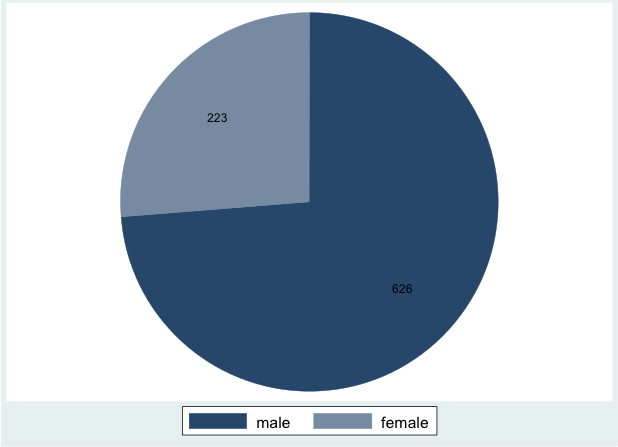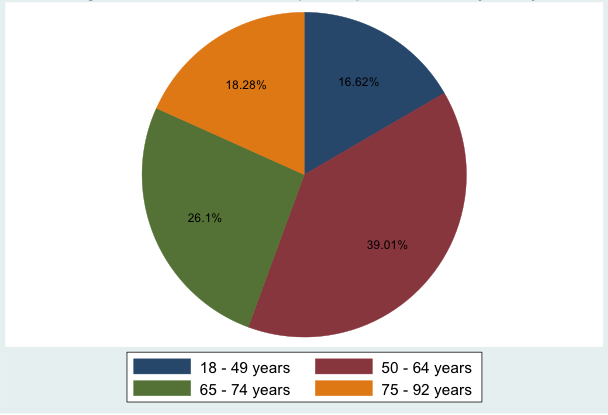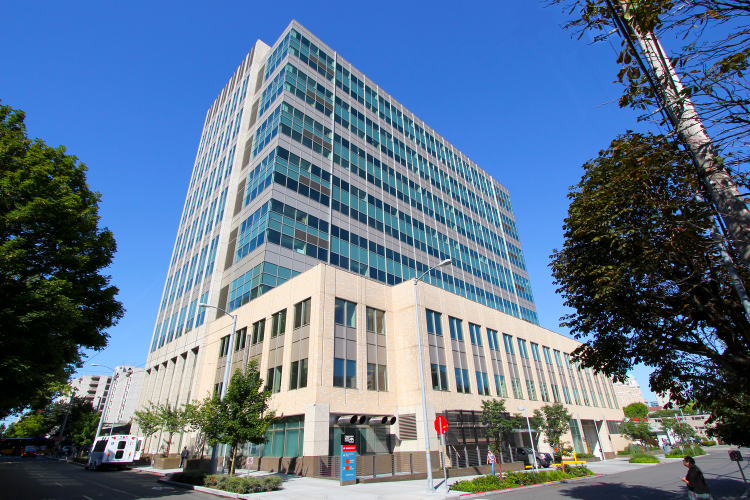SKS: Seattle Kidney Study
Investigator

What is the study?
The Seattle Kidney Study (SKS) is an important medical research study involving more than 650 men and women with kidney disease from the Seattle area. SKS started in 2004 and is still following and recruiting participants today. SKS participants are recruited from Nephrology clinics in the following hospitals:
- Harborview Medical Center
- VA Puget Sound Medical Center
- University of Washington Medical Center
Participants have shared information through exams and follow-up surveys since the start of the study. In fact, we just completed our first 8th annual exam for one participant that has been with us since the very beginning! This long-term study allows researchers to follow the health of people with kidney disease over time.
Who can participate in the study?
The SKS population is very diverse and therefore is representative of the greater population of people with kidney disease. Here are some characteristics of our population:


What are the goals of the Study?
Our goal in setting up the SKS is to gather information and better understand the causes and consequences of kidney disease. Our goal is to try and answer several important questions about kidney disease:
- Why does kidney disease get worse in some people but not others?
- Can we identify early on which patients might have worsening kidney disease?
- What treatments or therapies can help slow the progression of kidney disease?
- Why are people with kidney disease at such high risk for cardiovascular disease?
- How can we lower the risk of cardiovascular disease in people with kidney disease?
Research results
Our study participants’ dedication to SKS is paying off! Did you know that scientific journals and research conferences have widely published findings from SKS? Data gathered from SKS has been used in several published papers, with many more to come. Each of these papers represents an important contribution to the body of medical knowledge, which in turn helps medical professionals provide their patients with better care. Here is a list of published papers and ongoing projects in SKS:
Who do I contact for more information?
Principal Investigator
Published papers
Robinson-Cohen C, Littman AJ, Duncan GE, Roshanravan B, Ikizler TA, Himmelfarb J, Kestenbaum BR. Physical Activity and Change in Estimated Glomerular Filtration Rate Among Persons with Chronic Kidney Disease. JASN. 2013 In Press
Roshanravan B, Khatri M, Robinson-Cohen C, Levin G, Patel KV, de Boer IH, Seliger S, Ruzinski J, Himmelfarb J, Kestenbaum B. A prospective study of frailty in nephrology-referred patients with CKD. Am J Kidney Dis. 2012 Dec;60(6):912-21. doi: 10.1053/j.ajkd.2012.05.017. Epub 2012 Jul 7. PubMed PMID: 22770927; PubMed Central PMCID: PMC3491110.
Robinson-Cohen C, Littman AJ, Duncan GE, Roshanravan B, Ikizler TA, Himmelfarb J, Kestenbaum BR. Assessment of physical activity in chronic kidney disease. J Ren Nutr. 2013 Mar;23(2):123-31. doi: 10.1053/j.jrn.2012.04.008. Epub 2012 Jun 26. PubMed PMID: 22739659; PubMed Central PMCID: PMC3496802.
Bosworth CR, Levin G, Robinson-Cohen C, Hoofnagle AN, Ruzinski J, Young B, Schwartz SM, Himmelfarb J, Kestenbaum B, de Boer IH. The serum 24,25-dihydroxyvitamin D concentration, a marker of vitamin D catabolism, is reduced in chronic kidney disease. Kidney Int. 2012 Sep;82(6):693-700. doi: 10.1038/ki.2012.193. Epub 2012 May 30. PubMed PMID: 22648296; PubMed Central PMCID: PMC3434313.




